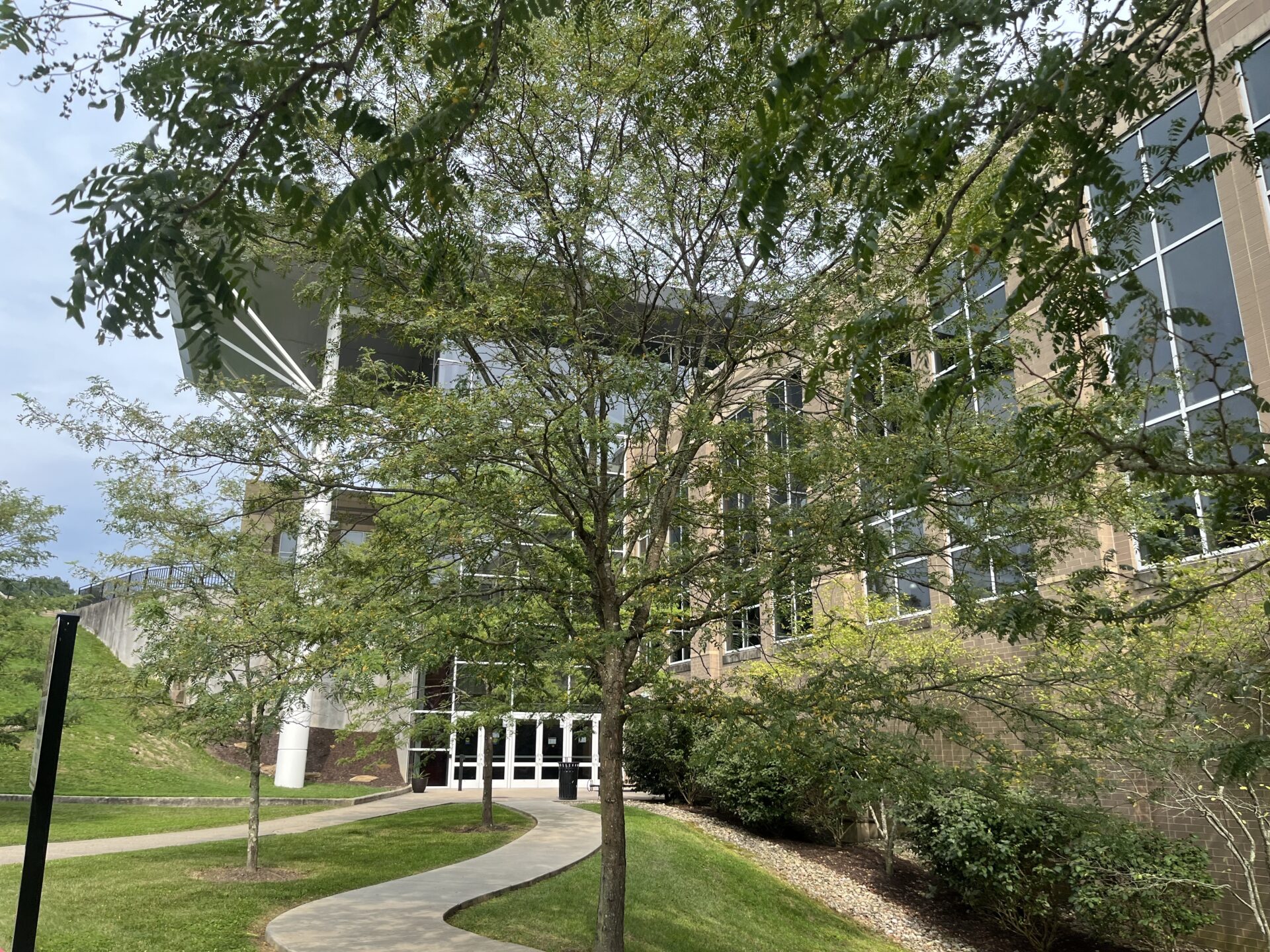50 students in foster care are expected to begin dual enrollment classes at Fairmont State University (FSU) in the coming weeks, under a new program designed to address academic deficiencies and other needs.
Fifty students in foster care are expected to begin dual enrollment classes at Fairmont State University (FSU) in the coming weeks, under a new program designed to address academic deficiencies and other needs.
Announced in March, the Middle College at FSU will offer free dual enrollment for all West Virginia juniors and seniors in foster care.
The West Virginia Board of Education heard at its monthly meeting Wednesday that the college is prepared in the coming weeks to welcome the program’s first 50 students to campus.
The Middle College Program is the culmination of a partnership between FSU, Marion County Schools, KVC West Virginia and the West Virginia Schools of Diversion and Transition.
Enrolled students will reside at FSU and, over two years, will earn their high school diplomas. Additionally, each will exit Middle College with 60 college credit hours for the completion of an associate degree. Students may then pursue pathways to employment, enlistment or education with the skills and confidence of the general school population.
Diana Phillips, provost of FSU, thanked the board for their support of the program. She said students will live on campus full time.
“They will be living on our campus 365 days out of the year,” Phillips said “We have a residence hall that is dedicated just to the Middle College population. It will be staffed with counselors and the dean of the Middle College will be resident in that residence hall. Students will be in a safe, stable environment, their basic needs will be taken care of and they’ll be able to focus on their education, which we know is the most important thing.”
Donna Heston, superintendent of Marion County Schools, said the county has dealt with the logistics of having high school students on a college campus before. She said part of the appeal of the Middle College’s structure is the shared responsibility of support across program partners.
“The other thing that was appealing with this pilot is that there are supports in place, supports that are not falling upon the school system to provide for mental health needs,” Heston said. “The expertise is there for it. Also there are supports there with instruction. We did not have to add any staff to do this.”
Heston said the interview process has revealed concerns and challenges unique to the foster care system.
“The stories are challenging that these students bring to the table in the foster care program,” she said. “They are advocating for themselves. They are bringing strong potential to this program. It also helps us realize the supports that some students are not receiving and are not able to advocate for themselves. That gives us an opportunity to involve our alternative education program and hear their voice that they’ve been experiencing for years. We’re blessed to have this opportunity.”
Nonprofit child welfare organization and program partner KVC West Virginia says they are already onboarding mental health professionals and tutors who will work with students on campus.
Martinsburg North Middle School Update
The board approved the Corrective Action Plan for a Berkeley County Middle School during its June meeting today.
The board placed Martinsburg North Middle School under a State of Emergency last month after a Targeted School Environment Assessment (TSEA) conducted by the West Virginia Department of Education (WVDE) identified conditions that threaten a safe and productive learning environment for children. The proposed plan will assist county leaders in addressing areas that led to the State of Emergency.
In April a WVDE team visited the middle school to conduct the TSEA. The assessment was prompted by behavior data reported in the West Virginia Education Information System (WVEIS) and achievement scores which continued to lag significantly below state averages (among other issues).
Among the plan requirements, county and school leadership will:
- Develop a multi-tiered discipline plan with appropriate supports and interventions
- Set clear and consistent processes for supporting and managing student behaviors
- Examine and maximize instructional time for improved student outcomes
- Provide professional learning to improve instruction
- Provide a mentor for instructional leadership
Paul Hardesty, president of the board, said the superintendent of Berkeley County was set up for failure when he was given a one-year contract. Hardesty said it is not an isolated incident, with 19 new superintendents last year across the state, many also on one-year contracts
”Any county that gives somebody a one-year contract, you’ve set that person up for complete failure. There is no way he can win. There’s no way he can succeed,” he said. “You have set him up for failure the day you hired him. If you give someone a two-year contract, you probably gave him a 50-50 shot at succeeding. Ladies and gentlemen, this is the CEO you’re hiring for a multi-million-dollar corporation. You give him one year, he got to know the lay of the land. He can’t put his stuff in place. They’ve done this gentleman a terrible injustice.”
Superintendent Evaluation
The board also evaluated the job performance of Superintendent of Schools Michele L. Blatt as, “outstanding in all areas of the evaluation.” The board evaluated the superintendent annually; Blatt was appointed to the position in June 2023.
